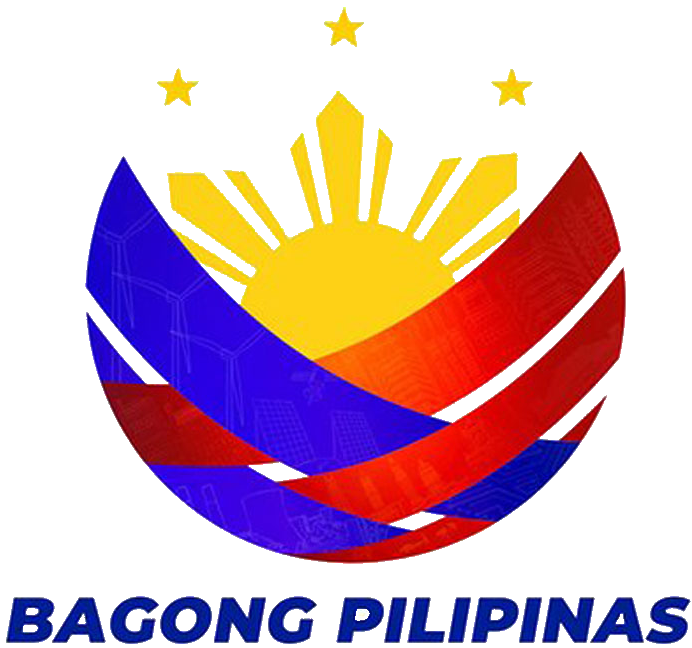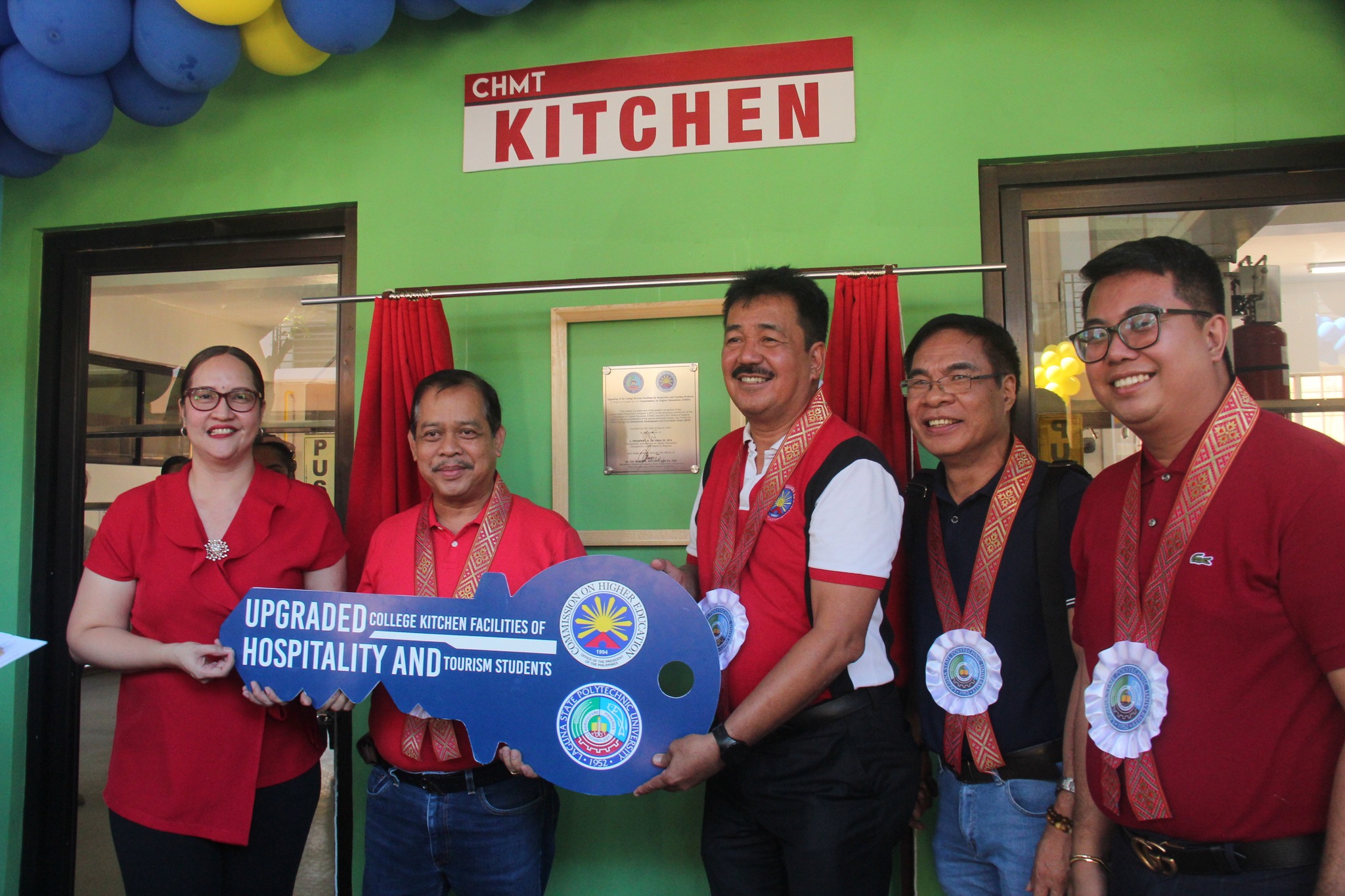This state institution (LSPU) started from its humble beginnings in 1952. it was first established as a provincial high school known as Baybay Provincial High School, the first public high school established in the shoreline (baybay) district of Laguna de Bay and the second in the whole Province of Laguna. Then in 1957, by virtue of Republic Act No. 1807 on June, 1957, the Baybay Provincial High School was converted into Baybay National Agricultural and Vocational School (BNAVS).
BNAVS became the PACD-BVE Training Center in rice production for American Peace Corps Volunteers. This center produced 682 graduates. The Manpower Training Center Started to operate in the school year 1968-1969. BNAVS also became the pilot school for the 2-year Agricultural Technician Curriculum, Associate in Agriculture. This started in December, 1969 with 8 enrollees.
With the passage/approval of HB 269 into law in June 1971: Republic Act No. 6321, it converted BNAVS into Baybay National College of Agriculture and Technology (BNCAT). BNCAT then was offering the following courses:
1) Secondary Agriculture Curriculum;
2) Two-year Associate in Agriculture (technical course);
3) degree courses leading to Bachelor of Science in Agriculture (2nd Semester 1975-76), and Bachelor of Science in Agricultural Education (First Semester 1977-78).
The College was also one of the Experimental Agricultural High Schools (EAHS) selected by the Educational Development Projects Implementing Task Force (EDPITAF) under Presidential Decree No. 6-A, to receive World Bank Aid in terms of infrastructure, equipment, and staff development.
This state institution was a grantee of the Agricultural Education Outreach Project (AEOP) from 1980 to 1983. AEOP was a research project of the United States Agency for International Development (USAID). Research programs became more prioritized and government extension programs became more aggressive.
On June 10, 1983 by virtue of Batas Pambansa No. 482, BNCAT was further converted into a state college, known as the Laguna State Polytechnic College. From then on the Laguna State Polytechnic College grew bigger and better, with the incumbency of Dr. Ricardo A. Wagan as the first College President in 1986, several projects and infrastructure developments poured in to LSPC. Among the remarkable accomplishments then were as follows:
- In 1993, this state institution was designated by the Department of Education, Culture and Sports (DECS) as one of the seven (7) Provincial Technical Institutes of Agriculture (PTIAs) in Region IV under the Aus-AID-AGRITECH Project aimed at improving the curriculum, instructional programs and the development of practical and applied researches.
- It opened four (4) satellite campuses through Memoranda of Agreements with the local governments;
- and It integrated the following three (3) CHED-Supervised Institutions in accordance with the Special Provision No. 2 of the CHED FY 1999 Budget under the General Appropriations Act of 1999 or Republic Act No. 8745 and Republic Act No. 8292 Higher Education modernization Act of 1997, through the issuance of the following: CHED Memorandum No. 18, s. 1999 entitled Issuance of the Implementing Guidelines on the Integration of CHED-Supervised Institutions (CSIs) to State Universities and Colleges (SUCs). This integration formally took place on October 5 and 25, 1999, respectively, to wit: Laguna College of Arts and Trades now LSPU-Sta. Cruz Campus located at Barangay Bubukal, Sta. Cruz, Laguna Los Baños College of Fisheries now LSPU-Los Baños Campus located at Barangays Malinta, Los Baños, Laguna CHED Memorandum Order No. 27, s. 2000 Issuance of Implementing Guidelines of the Integration of CHED-Supervised Institions (CSIs) to State Universities and Colleges (SUCs) (Phase II).
The formal turn-over ceremony took place on December 11, 2000, to wit: San Pablo City National School of Arts and Trades now LSPU-San Pablo City Campus located at Barangay Del Remedio, San Pablo City His incumbency is marked by a list of distinctive accomplishment such as the establishment of a multi-campus State Institution; a remarkable increase in the number of non-degree and degree curricular programs/offerings which resulted in increased inrolment and need for more teachers; exempted Secondary School Teachers to be transferred to DECS per CHED-DECS joint circular, intensified rehabilitation, repair, face-lifting of old structures and construction of new academic, research, library, dormitory, canteen-cafeteria, sports and recreation facilities; opened the Graduate Studies and Applied Research in its four (4) Campuses; acquired state of the art equipment e.g. Speech Lab., computers, Physics, Chemistry, and Biology Laboratory equipment, the Tissue Culture Laboratory, HO

















